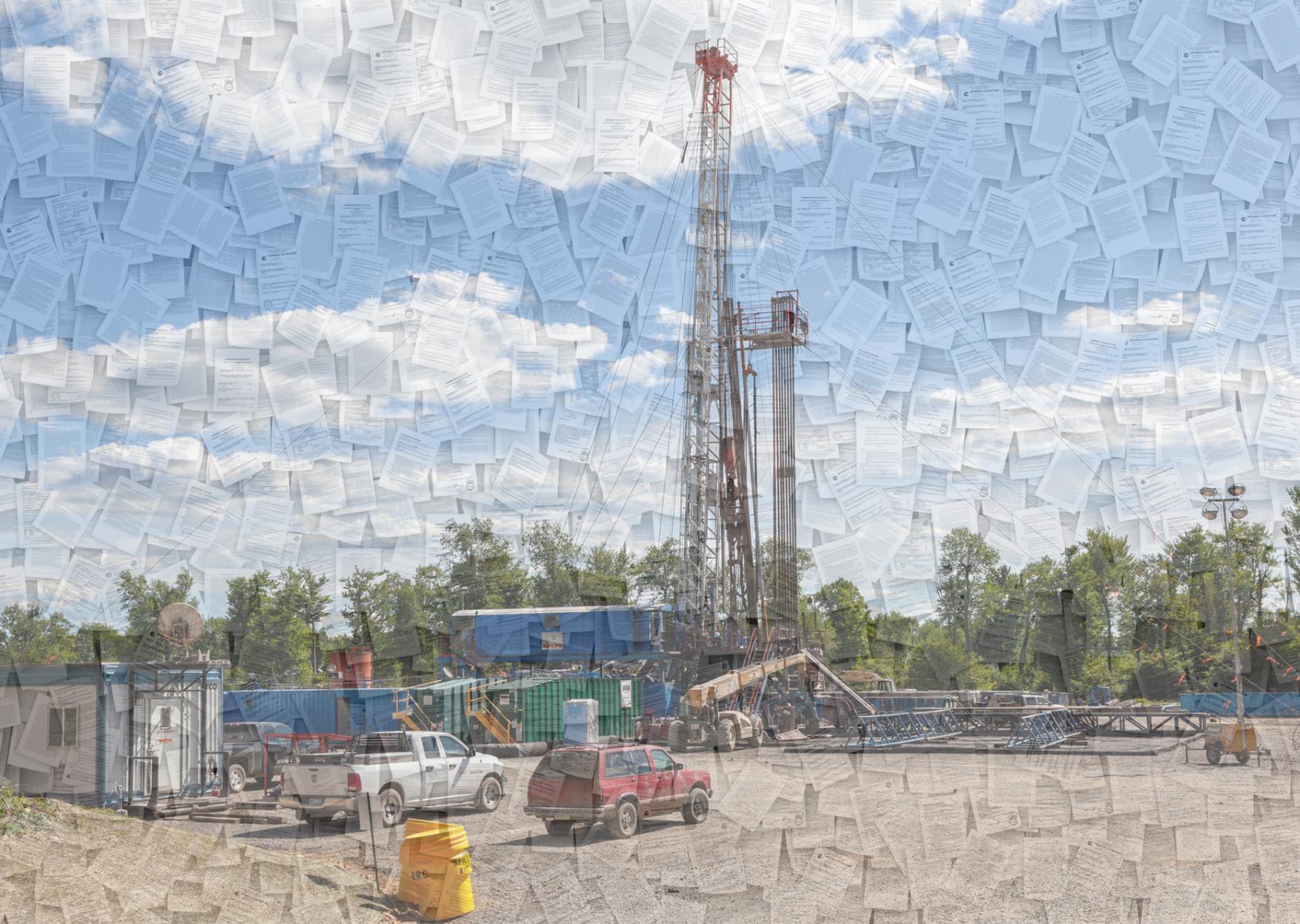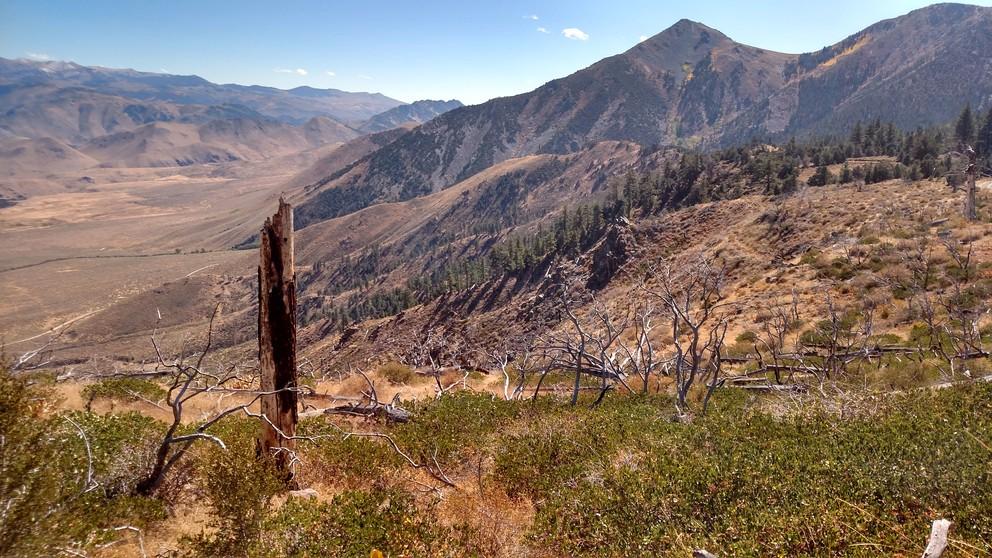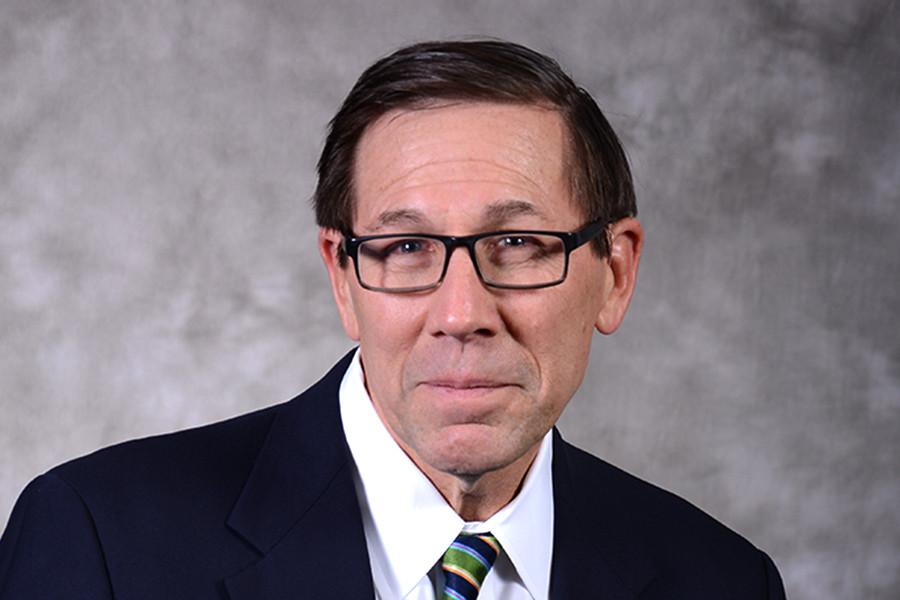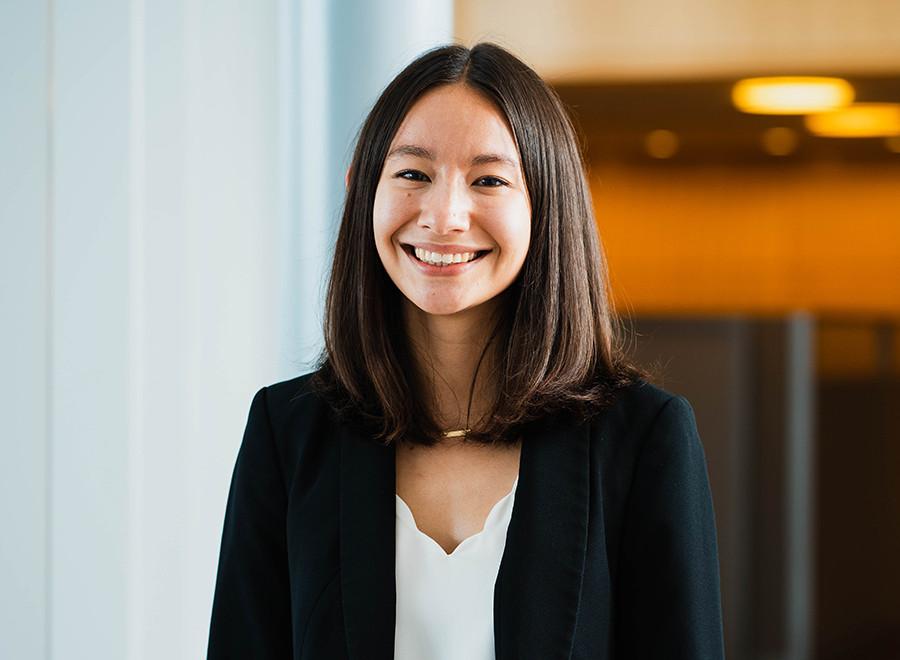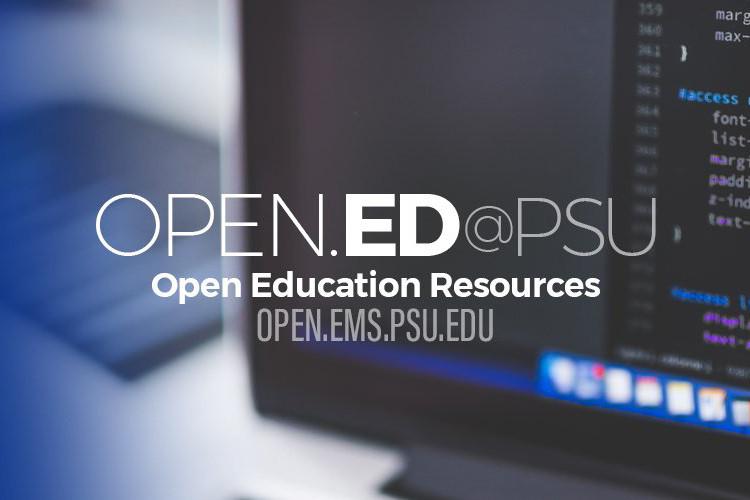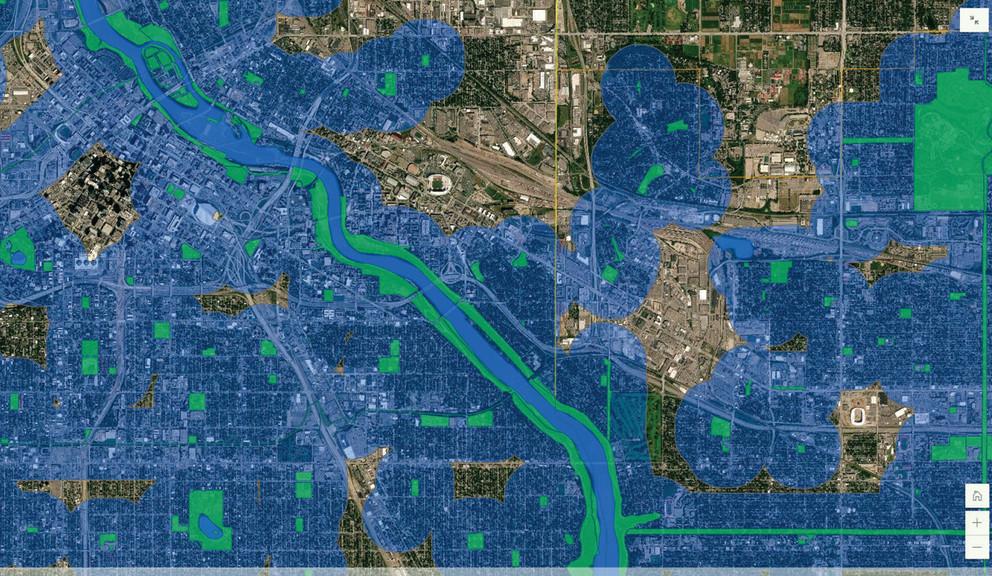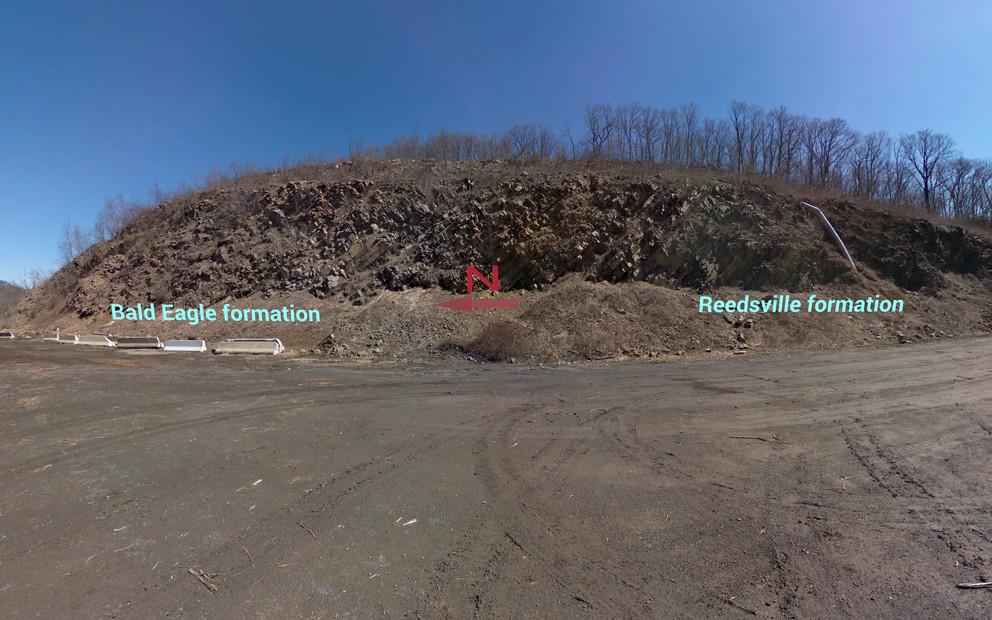UNIVERSITY PARK, Pa. — Even though State governments routinely rely upon interest groups to help them as they craft legislation, researchers found that certain peer-leader states, like Pennsylvania and Colorado, have greater influence in shaping states’ fracking policies, in a study led by Penn State Professor of Geography Jennifer Baka.
The study, titled “Disclosing Influence: Hydraulic fracturing, interest groups, and state policy processes in the United States,” revealed two important findings, Baka said.
“First, that influence of particular interest groups in providing so-called, ‘copy and paste’ legislation is not as widespread as previously thought," said Baka. “’Copy and paste’ is when legislators literally take a piece of legislation written by interest groups and introduce it, verbatim, into legislative processes.”
A warming climate and more frequent wildfires do not necessarily mean the western United States will see the forest loss that many scientists expect. Dry forest margins may be more resilient to climate change than previously thought if managed appropriately, according to Penn State researchers.
“The basic narrative is it’s just a matter of time before we lose these dry, low elevation forests,” said Lucas Harris, a postdoctoral scholar who worked on the project as part of his doctoral dissertation. “There’s increasing evidence that once disturbances like drought or wildfire remove the canopy and shrub cover in these dry forests, the trees have trouble coming back. On the other hand, there’s growing evidence that there’s a lot of spatial variability in how resilient these forests are to disturbances and climate change.”
Todd Bacastow, teaching professor in the College of Earth and Mineral Sciences at Penn State, has been appointed to the board of directors of the United States Geospatial Intelligence Foundation (USGIF) for a three-year term.
USGIF is a non-profit organization dedicated to promoting geospatial intelligence training and education and building a stronger community of interest across industry, academia, government, professional organizations and individual stakeholders. Since 2007, Bacastow has also served as a member of USGIF’s Academic Planning Committee.
Milan Liu was selected to represent the College of Earth and Mineral Sciences as the student marshal for Penn State's summer commencement, which will be held virtually at 2 p.m. Aug. 15.
Liu is graduating summa cum laude with a 4.0 grade-point average with a double major in geography and international politics, a minor in Chinese and a certificate in geographic information science. Her faculty marshal is Roger Downs, professor of geography.
A parent in Philadelphia needs information to help her daughter with a class project on wet weather pollution control in the school yard rain garden.
Elsewhere in the U.S., a furloughed government worker seeks professional development during a shutdown. In Brazil, a woman is interested in learning more about the changing climate, and in Zimbabwe, a GIS technician wants a reliable source of professional information.
Marie Louis Ryan, doctoral candidate in Penn State's Department of Geography, received the Graduate Student International Research Award from the Graduate School for her research exploring human and agricultural interactions in Nepal.
Specifically, Ryan examines how the labor force outmigration of working age men in Nepal’s midhills impacts labor, land use, and the agricultural biodiversity of rice and finger millet — two key crops in the region.
Lorraine Dowler, Penn State professor of geography and women's, gender and sexuality studies, is the 2020 recipient of the American Association of Geographers (AAG) Feminist Geographies specialty group’s Jan Monk Service Award.
This award is named in honor of Jan Monk, a past president of AAG, and “recognizes a geographer who has made an outstanding service contribution to women in geography and/or feminist geography."
More and more companies are using location data from devices like smartphones and tablets to gain insights into choices consumers make. As the volume and complexity of location data increases, the demand for the professionals with the technical skills to leverage these data is also increasing.
A new degree from Penn State, a master of science in spatial data science, aims to address that growing need.
The degree is being offered exclusively online through Penn State World Campus, the University’s highly ranked online campus. The faculty from Penn State’s renowned Department of Geography in the College of Earth and Mineral Sciences will teach the courses and advise students in this new program.
UNIVERSITY PARK, Pa. — Classes may have been held remotely during the previous spring semester, but Penn State faculty members found creative ways to bring field trips to their students, even when they couldn’t necessarily bring students out into the field. Two courses in Penn State's College of Earth and Mineral Sciences employed virtual reality field trips last semester to continue delivering the same high degree of academic quality that Penn State is known for around the world.
"Fully immersive virtual reality, where everything is interactive, is the ideal," said Alexander Klippel, professor of geography and director of the Center for Immersive Experiences. "But that requires special equipment that would not work in the new remote teaching environment."
UNIVERSITY PARK, Pa. — Large protest events can be divisive, spurring an outpouring of both support and opposition. But new Penn State research found that the 2017 Women’s March, which championed goals in support of women and human rights, was met with mostly positive support on social media, with relatively few negative messages.
In an analysis of all geolocated tweets in the continental U.S. on the day of the march, the researchers found that not only were tweets about the march generally positive, but they were actually more positive than other geolocated tweets — those that have an attached location — on that day. Tweets about the march rose to a peak of 12% of all geolocated tweets on that day.


